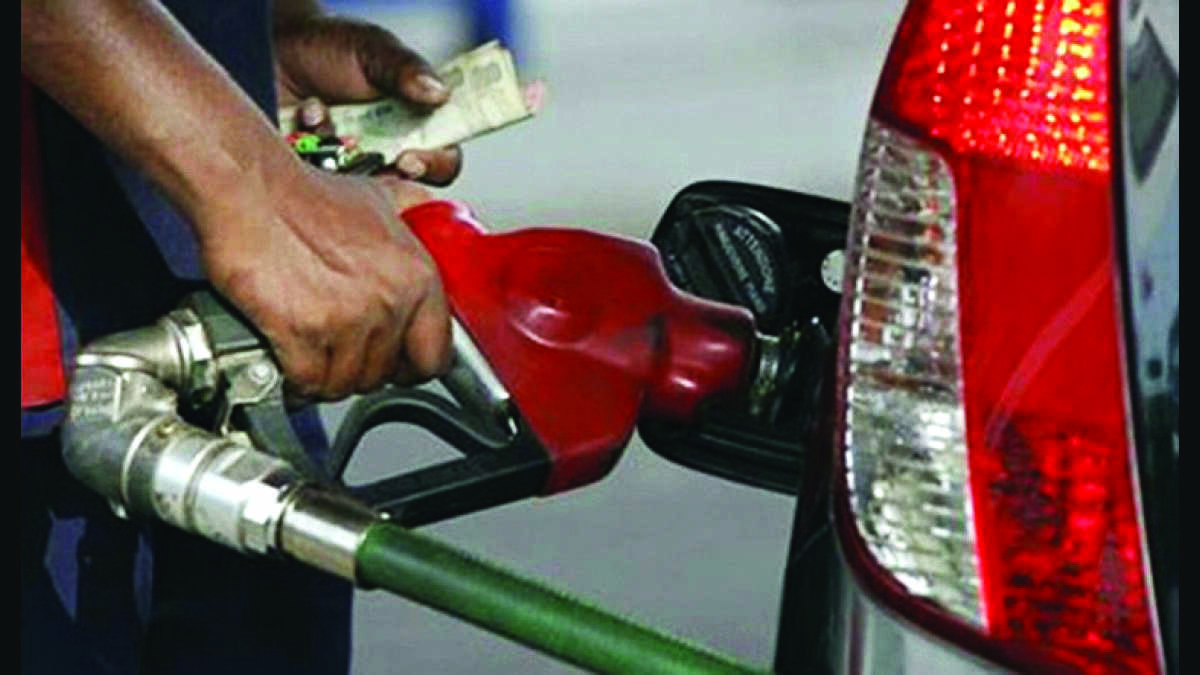India hopes for oil from Venezuela & Iran; higher output from OPEC+

New Delhi: India, the world's third-largest energy-consuming and importing nation, is pinning hope on resumption of crude oil supplies from Venezuela and Iran as well as higher production from OPEC+ nations to help cool international oil prices that have hit multi-year highs.
It will also evaluate the Russian offer to sell crude oil at discounted prices after considering aspects such as insurance and freight required to move the fuel from the non-traditional supplier.
Replying to supplementaries during question hour in the Rajya Sabha, Oil Minister Hardeep Singh Puri said oil export from Venezuela and Iran had been hit due to sanctions.
The two nations are among those with the highest oil reserves in the world and were significant suppliers to India before US sanctions halted purchases.
"It is our hope and expectation that oil, not only from Venezuela, but other countries under sanction, will become available," he said. "I am hopeful that we will all use collectively, our margin of persuasion... to request the international community to make more oil available including from Venezuela".
Indian oil companies will enter into agreements with Venezuela and "equally (with) Iran" no sooner their oil comes into the market, he said. Stating that there are reports that the nuclear issue, which had led to sanctions on Iran, is likely to be resolved, the minister said "that will also bring more oil into the market."
He hoped that "apart from oil which will become available by countries who, hitherto, were not supplying on account of sanction, existing OPEC plus will increase their production" to cool oil prices.
International oil prices had hit a 14-year high of $130 per barrel earlier this month before retracting. It was trading at over $108 on Monday. But retail petrol and diesel prices have remained unchanged for a record 130 days in a row. Rates were last revised on November 4, 2021, when international oil prices were at $81-82 per barrel.
Asked about the reported Russian offer to sell its crude oil and other raw materials at discounted prices with payment through a rupees-rubles transaction, Puri said the government will explore all options which are available.
"Let me again reiterate that in a situation like the one characterised by the pandemic in the last two years and in the last few weeks by a war or a military action taking place between Russia and Ukraine, the government will explore all options which are available," he said.
The minister said he has had discussions with the Russian government officials.
Puri also said that the government will take all required measures in the coming months to ensure that consumers get relief from high fuel rates.
Replying during the Question Hour in the Rajya Sabha, the Minister of Petroleum and Natural Gas also shared that a proposal to bring petroleum products under the Goods and Services Tax was taken up by the GST Council but it "did not find favour". India relies on overseas purchases to meet about 85 per cent of its oil requirement, making it one of the most vulnerable in Asia to higher oil prices.
Puri was responding to senior Congress leader Anand Sharma, who said it was agreed upon by the government and the opposition that petroleum products will be eventually brought under GST at the time of its introduction, and sought to know the progress been made in this regard.
"States which are acquiring high revenue from the sale of petrol and petroleum products and if I may also add liquor are normally reluctant to reduce their revenue from these two sources," said the petroleum minister.
However, Puri said "the government will in the coming months also take whatever measures we have to, to make sure that our consumer gets relief to the extent we can."
Referring to accusations that the Centre is controlling fuel prices, he said these are determined by various factors and decided upon by the oil marketing companies.
"After deregulation, the price (of petrol) is determined by the international price of crude, the prevailing insurance and freight rates, refining margins, dealer commission and the exchange rate. Therefore, there is no question of government control," he said. Puri also rejected claims of state elections influencing the decisions regarding fuel prices.
"As far as elections are concerned, they keep happening in some state or the other. Marketing companies will take whatever decisions they need to," he said.



